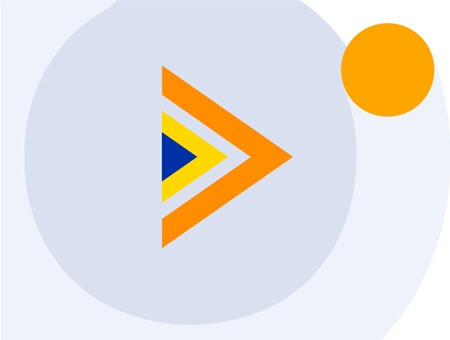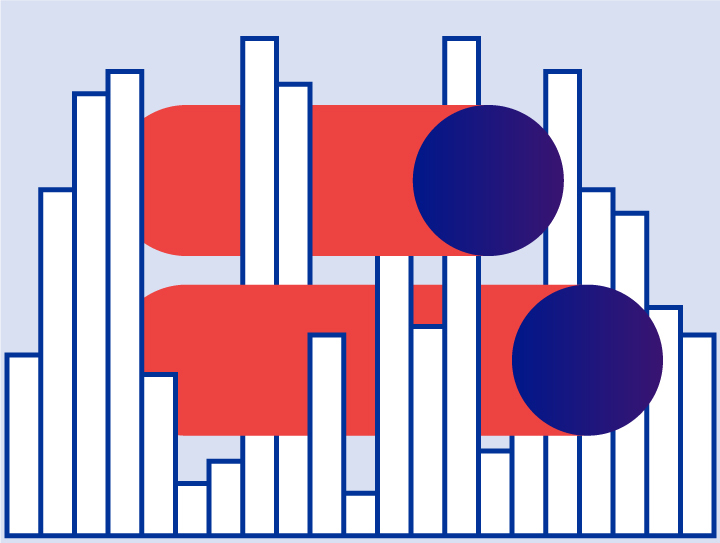The open data portal serves as a central platform for hosting and providing access to a wide range of open data sets. Open data apps, developed by various stakeholders, leverage these datasets to create innovative solutions that benefit the public and drive transparency and collaboration.

Annif is an open-source toolkit for automated subject indexing. It integrates several machine learning and AI based algorithms for text classification. This implementation helps to tag EU Vocabulary properties for datasets.

The guide provides authors and publishers with practical advice on how to present and publish data in a more user-friendly way. Formatted as an extendable checklist, it compiles tips, examples, resources and visual aids – all of which will help make data and data visualisations in publications more accessible and reusable.

The guide is a knowledge base and an educational tool to learn about data visualisation. It contains almost 400 pages about all aspects of data visualisation, organised into seven broad topics.

EU sanctions tracker is a tool for navigating and getting insights into the consolidated lists of persons, groups and entities subject to EU financial sanctions and travel bans, published by the Commission Directorate-General for Financial Stability, Financial Services and Capital Markets Union. Only those sanctions currently in force are shown in the tool.

The app visualises CORDIS data and links it with different data sources. The app tries to help citizens, researchers and public servants to discover the EU research spending from different angles.

Have you ever wondered how similar different regions across Europe are? EU Twinnings is a web application that allows the user to engage with European regions by exploring how similar they are. It’s a ‘virtual twinning’ platform that uses EU open data to calculate and visualise a similarity measure.
